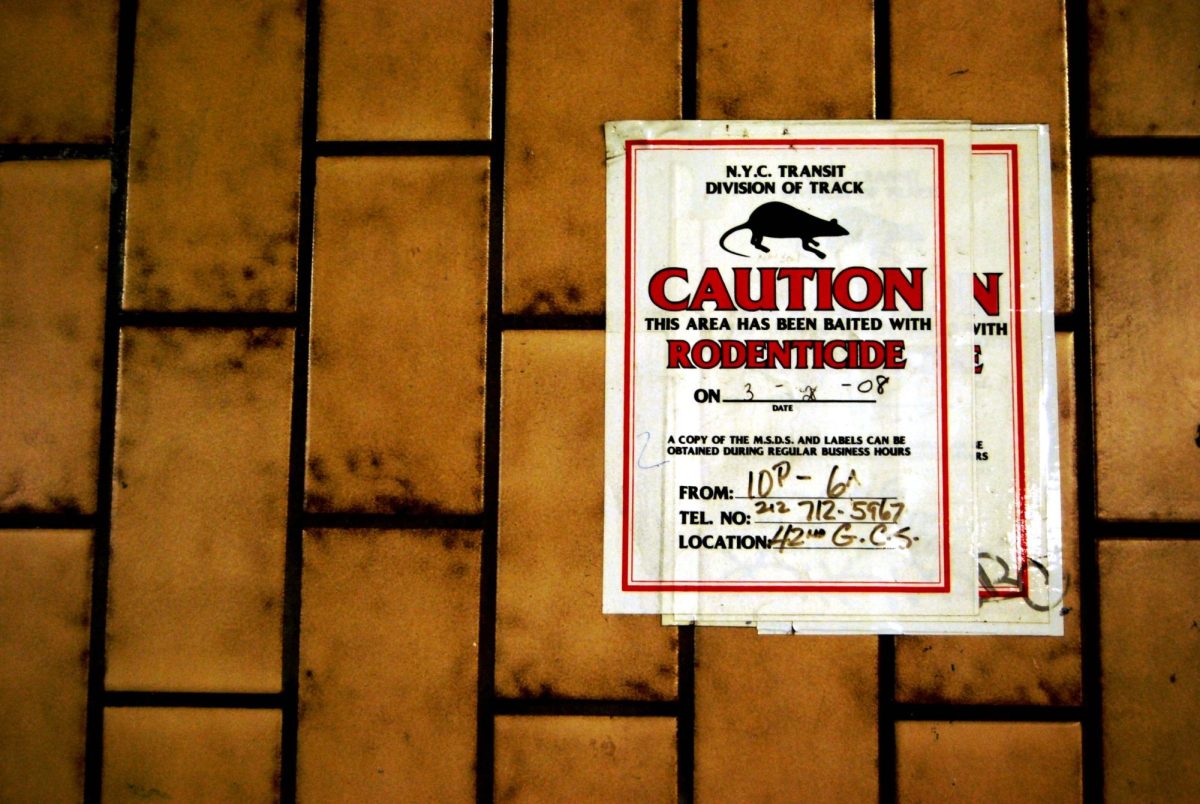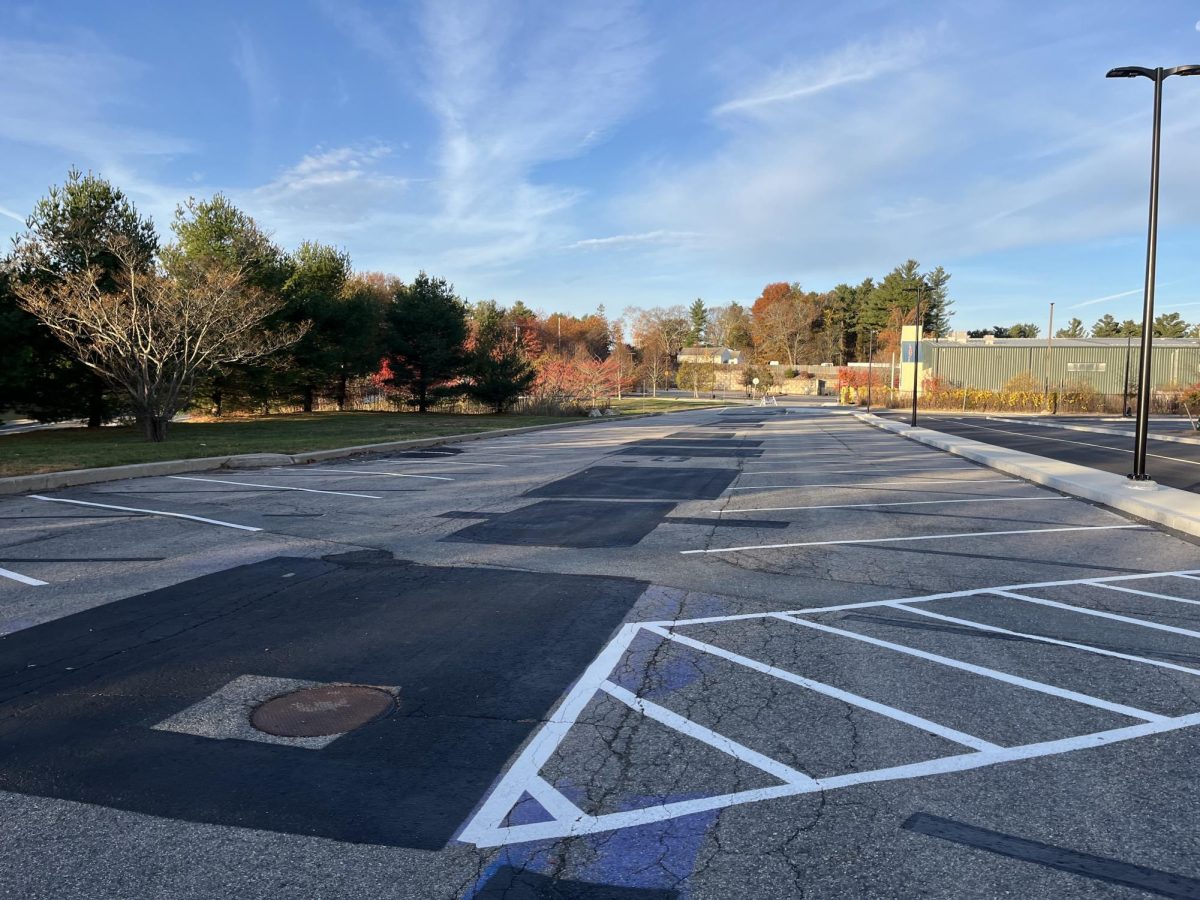Second-generation anticoagulant rodenticides, a commonly used category of rat poison in the New England area, are harming all kinds of wildlife – not just rats. Once the poison is consumed, the animal will live for several days, a time in which predators will consume these animals, along with the toxins contained in SGARs.
Towns throughout Massachusetts are working toward eliminating SGAR use, but the only towns that have prohibited use are Lexington, Arlington, and Newton.
Scavengers that consume animals poisoned by SGARs produce a toxic ripple effect through entire food chains.
SGARs interfere with the animal’s blood clotting process, leading to internal bleeding. This leads to organ failure, paralysis, and death. It is arguably inhumane, as well as dangerous.
SGAR poisoning has been documented in many animals, such as birds of prey and even house pets that gain access to the poisons while outside.
“Food web contamination is a red flag indicator not just for one species but all other species dependent on them,” said Mourad Gabriel, a research associate at One Health Institute, a wildlife health center at the University of California, Davis, as quoted by The Revelator.
This poison, although not meant to target other wildlife, has a significant impact on the vivacity of ecosystems.
A recent study found that 100 percent of red-tailed hawks tested at a wildlife clinic in Massachusetts had SGARs in their organs. A national study of 303 dead bald eagles found that 82 percent of the birds had been exposed to rodenticides. according to the Massachusetts Audubon Society.
“Hawks, foxes, owls, racoons are out there eating rodents every single day — knock them out and you’re going to have a much bigger problem down the road,” Alison Hermance, director of communications at WildCare, a wildlife rehabilitation center in Marin County, Calif., told The Revelator.
Although SGARs were banned in 2015 by the federal government for regular consumer use, they can be utilized by licensed pest control professionals.
They are routinely used on school campuses and in workplaces due to the need to keep rodents away for safety.
A vote on the elimination of SGARs is scheduled at a Maynard town meeting on May 19.








